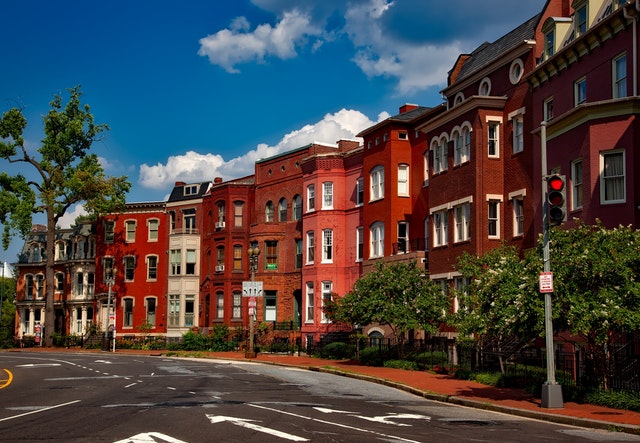 A hot market in real estate is identified by a few things, which include higher prices, lower amounts of unsold inventory, and desirable neighborhoods. Neighborhoods can increase in value because of having an excellent location, high-paying jobs, quality schools, and a variety of attractive amenities.
A hot market in real estate is identified by a few things, which include higher prices, lower amounts of unsold inventory, and desirable neighborhoods. Neighborhoods can increase in value because of having an excellent location, high-paying jobs, quality schools, and a variety of attractive amenities.
Hot Markets Are After The Fact
Properties in a hot market may sell faster, for higher prices, and without needing to be in perfect condition or staged for sale. Real estate investors do not necessarily benefit from learning about a hot market unless they already own property in that market area.
It is nice to be an owner with a property for sale in a hot market. However, more success may come from identifying a market as potentially valuable before it becomes a hot market.
Hot Market Trends Before The Fact
Gentrification is a pattern that may start out slowly and then build until a market goes from cold to hot. With gentrification, renovation of rundown neighborhoods attracts new, wealthier residents. Many cities encourage the gentrification of deteriorating urban areas.
Streets with abandoned storefronts may convert into pedestrian-only shopping promenades. Old wharf warehouses may turn into a riverfront boardwalk. Artist types may move into a bad neighborhood because of the low rent and then turn it into an eclectic, hip area with art galleries, coffee shops, boutiques, and street murals.
One way to benefit from gentrification possibilities is to follow the long-term development plans of a community and be an early investor in those plans. Invest in property just on the outskirts of a planned gentrification zone.
Be careful to note any physical barricades, such as a wide street, which may stop gentrification from progressing further. A wide street may prevent gentrification from moving across it to the rundown area on the other side.
A similar pattern shows up when investing in real estate that is on the outskirts of a growing area or adjacent to a desirable neighborhood. Over time, if the growth continues, these outlying areas may become a nicely profitable investment for those who are patient.
Getting Out Of A Hot Market At The Right Time
It is important to know when to sell properties in a hot market and move on to find a different one. Continuing to re-invest in a hot market may ultimately disappoint when there is a market correction to the downside. Try to avoid this if possible.
Market indicators to watch include:
- Year-over-year increases in listing prices compared to historical figures for the same area.
- The percentage of listings showing a price reduction.
- The average time a property is listed before being sold.
- A comparison between the listing price and the sales price for sold properties.
Conclusion
Studying market growth and guessing the direction of growth helps identify a potentially strong market before it gets hot.
It is time to sell and move on, if the listing prices are not increasing each year or if price reductions are increasing. Other strong indicators that a market is cooling down are when the average listing time is increasing and the average difference between the listing price and sale price is widening.
If you’re in the market for a new home or interested in refinancing your current property, be sure to set up a consult with your trusted home mortgage professional.

